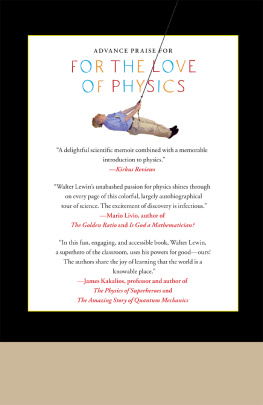Moshe Lewin - The Soviet Century
Here you can read online Moshe Lewin - The Soviet Century full text of the book (entire story) in english for free. Download pdf and epub, get meaning, cover and reviews about this ebook. year: 2022, genre: Science. Description of the work, (preface) as well as reviews are available. Best literature library LitArk.com created for fans of good reading and offers a wide selection of genres:
Romance novel
Science fiction
Adventure
Detective
Science
History
Home and family
Prose
Art
Politics
Computer
Non-fiction
Religion
Business
Children
Humor
Choose a favorite category and find really read worthwhile books. Enjoy immersion in the world of imagination, feel the emotions of the characters or learn something new for yourself, make an fascinating discovery.
- Book:The Soviet Century
- Author:
- Genre:
- Year:2022
- Rating:4 / 5
- Favourites:Add to favourites
- Your mark:
- 80
- 1
- 2
- 3
- 4
- 5
The Soviet Century: summary, description and annotation
We offer to read an annotation, description, summary or preface (depends on what the author of the book "The Soviet Century" wrote himself). If you haven't found the necessary information about the book — write in the comments, we will try to find it.
The Soviet Century — read online for free the complete book (whole text) full work
Below is the text of the book, divided by pages. System saving the place of the last page read, allows you to conveniently read the book "The Soviet Century" online for free, without having to search again every time where you left off. Put a bookmark, and you can go to the page where you finished reading at any time.
Font size:
Interval:
Bookmark:
THE SOVIET CENTURY
THE SOVIET CENTURY

MOSHE LEWIN
Edited by Gregory Elliott

This edition published by Verso 2016
First published by Verso 2005
Moshe Lewin 2005, 2016
All rights reserved
The moral rights of the author have been asserted
1 3 5 7 9 10 8 6 4 2
Verso
UK: 6 Meard Street, London W1F 0EG
US: 20 Jay Street, Suite 1010, Brooklyn, NY 11201
versobooks.com
Verso is the imprint of New Left Books
ISBN-13: 978-1-78478-066-1
ISBN-13: 978-1-78478-651-9 (US EBK)
ISBN-13: 978-1-78478-650-2 (UK EBK)
British Library Cataloguing in Publication Data
A catalogue record for this book is available from the British Library
The Library of Congress Has Cataloged the Hardback Edition as Follows:
Lewin, Moshe, 1921-
The Soviet century / Moshe Lewin. p. cm. Includes bibliographical references and index. ISBN 1-84467-016-3 (cloth : alk. paper) 1. Soviet UnionHistory. 1. Title. DK266.L474 2005 947.084-dc22 2004015478Typeset in Bembo by YHT Ltd, London
Printed in the US by Maple Press
CONTENTS
The Soviet Union is no more. As some like to put it, Its history meaning Forget all that. Politicians, academics and the media elaborate on this formula in accordance with their specific interests and perspectives. But the term history is rich in meanings and the Soviet era is still recent history. Even if their numbers are declining, the majority of the populations of Russia and the other republics of the ex-Soviet Union were formed in the USSR and many are even nostalgic for it. It is still part of the biographies of millions of people, and in this sense the past is still relevant to their lives.
This biographical dimension is only one index of the persistence of the past. The question of the countrys national identity preoccupies Russian citizens, and this debate involves different attitudes to, and conceptions of, the USSR. Yet when such an important collective analysis is conducted without serious knowledge of the past which is still frequently the case national debate turns to farce.
For historians and for all those who are aware of the myriad ways in which history, however distant, makes its presence felt, Forget all that is an utterly absurd attitude. Especially in the last fifteen years of its existence, the USSR did not cope with its present. Yet in so far as it now belongs to the past, it represents an immutable reality that cannot be altered by successive interpretations of it: it is and will remain a crucial part of the dramatic twentieth century. And who seriously believes that we no longer require a knowledge of the twentieth century?
Soviet Russia remains a weighty component of Russias cultural and political tradition, which continues to influence the country to this day not unlike the Tsarist past, which continued to shape the USSR. Can this be ignored by anyone who is interested in their countrys destiny and reflects on it?
Thus, the USSR as past is needed in the present for the simple reason that it is impossible to dispose of history. One of the contentions of this book is that the USSR remains an ill-understood system. The veil of secrecy that was the hallmark of the Soviet system has been lifted for earlier periods (including the Stalin period), which can now be, and are being, studied systematically. Previously, the lack of access to archives and other indispensable sources of information made studying Soviet history a very frustrating and arduous enterprise. Coming across data that contained useful pointers, or hitting upon a well-documented Soviet publication, was a signal event.
So when Soviet archives became accessible, historians had to take advantage of them. For me personally, obtaining such material, whether found by myself or published in documentary collections by others, became my main activity for a number of years. The more I read, the richer the reality began to look to me. But at the same time I experienced renewed frustration because of the lack of access to material dealing with the later stages of the Soviet era.
In this work, I endeavour to bring out what I consider to be unknown or neglected aspects, even though they afford greater insight into the guts of the system. I have made little use of Western sources here something I intend to do in the more systematic future work I have in mind. Here reliance on new materials archives, memoirs, autobiographies or documentary publications is an objective in itself. But it is also a kind of self-examination: after consulting a mass of new evidence, what remains of my former understanding of the Soviet phenomenon? How has it changed? Where did it err? Most of what I say in the forthcoming pages answers these questions, as the new materials revealed things I knew little about and allowed me to formulate problems I could not raise before.
The other privileged source in these pages is current work by Russian scholars, who either have access to first-hand information, or have worked in governmental institutions, or who were already writing knowledgeably and critically in Soviet times.
I also thought that readers would benefit from the opportunity to get a feel for what these sources consist in, what they say, and what the regime knew or could know on the basis of the information communicated by its various agencies. In order to lay bare the building-blocks of my interpretation, and offer readers a sample of what Soviet leaders were themselves reading, I have therefore both summarized and quoted extensively from these documents and authors.
Thus it turns out that although society was poorly informed and often seriously misinformed the regime, especially in the post-Stalinist period, often had at its disposal a mass of good material and, in addition, rigorous analyses of the country and of the outside world. But good information never helps mediocre leaders. The problem lay in what these leaders were able to understand, what they wanted to know, what they did know even if they were incapable of doing anything with it but also in what they had absolutely no desire to know.
These questions take us to the heart of our inquiry into the Soviet systems mechanisms and underpinnings.
Power games and personal ambitions are part of history. They also exert strong pressure for history to be written in such a way as to serve interests or causes. From its inception, the Soviet regime presented a radical challenge, which was reinforced during the Cold War with the polarization of the world and the arms race, and the ensuing unprecedented propaganda war. All this created the conditions in which propaganda was readily mistaken for analysis. Both sides paid a heavy price for this fallacy, impairing their own ability to understand themselves and the world around them. The Soviet Union, which prohibited free social, political and historical research, was more damaged. It was also much poorer. Ideological frenzy, with its natural bent for propaganda, cost the USSR dearly in terms of its ability to grasp its own and global reality and to respond with appropriate strategies.
During the 1960s and 70s, the Soviet leadership did in fact allow some scope for published, and particularly unpublished, research and debate. It created high-quality research institutes, which enabled it to learn about the other side. Given its democratic character, in the US statistics and all sorts of information about the country were available; and this was helpful to the Soviets, notably from the 1960s onwards, when they were ready to use such data. In fact, specialists provided leaders with a sufficiently accurate picture of both the external world and Russia itself What was done with this knowledge is another story; it depended on the leaders conservative mentality. Even so, at various stages the USSR was ready to play the card of peaceful coexistence and reduce tension. Aware of its inferiority (especially in the final stages of its history), it sought to implement policies that reflected a realistic appreciation of things.
Next pageFont size:
Interval:
Bookmark:
Similar books «The Soviet Century»
Look at similar books to The Soviet Century. We have selected literature similar in name and meaning in the hope of providing readers with more options to find new, interesting, not yet read works.
Discussion, reviews of the book The Soviet Century and just readers' own opinions. Leave your comments, write what you think about the work, its meaning or the main characters. Specify what exactly you liked and what you didn't like, and why you think so.

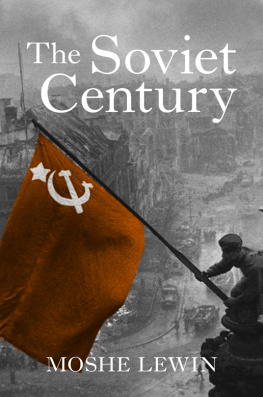
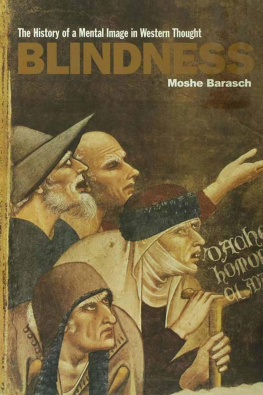
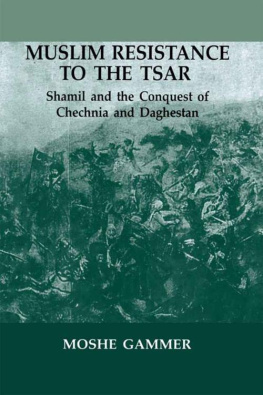
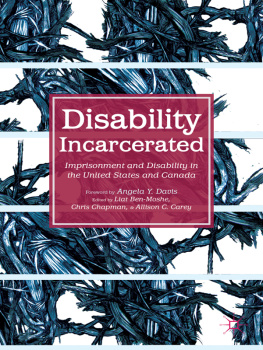
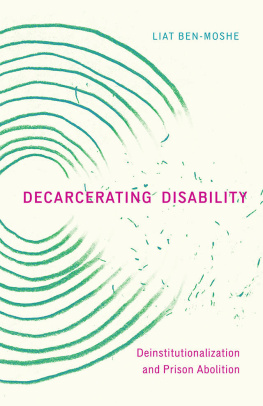



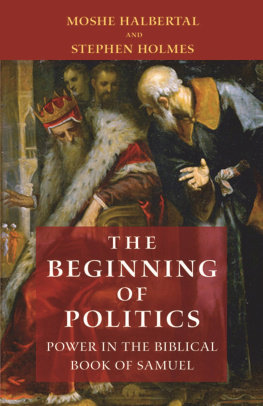
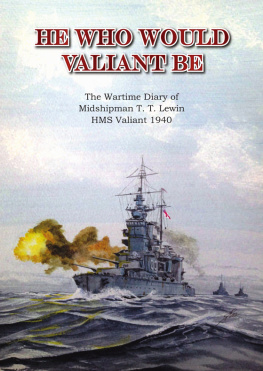
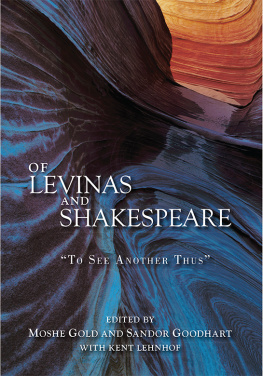
![Lewin - The other Ultra : [codes, ciphers and the defeat of Japan]](/uploads/posts/book/93695/thumbs/lewin-the-other-ultra-codes-ciphers-and-the.jpg)
